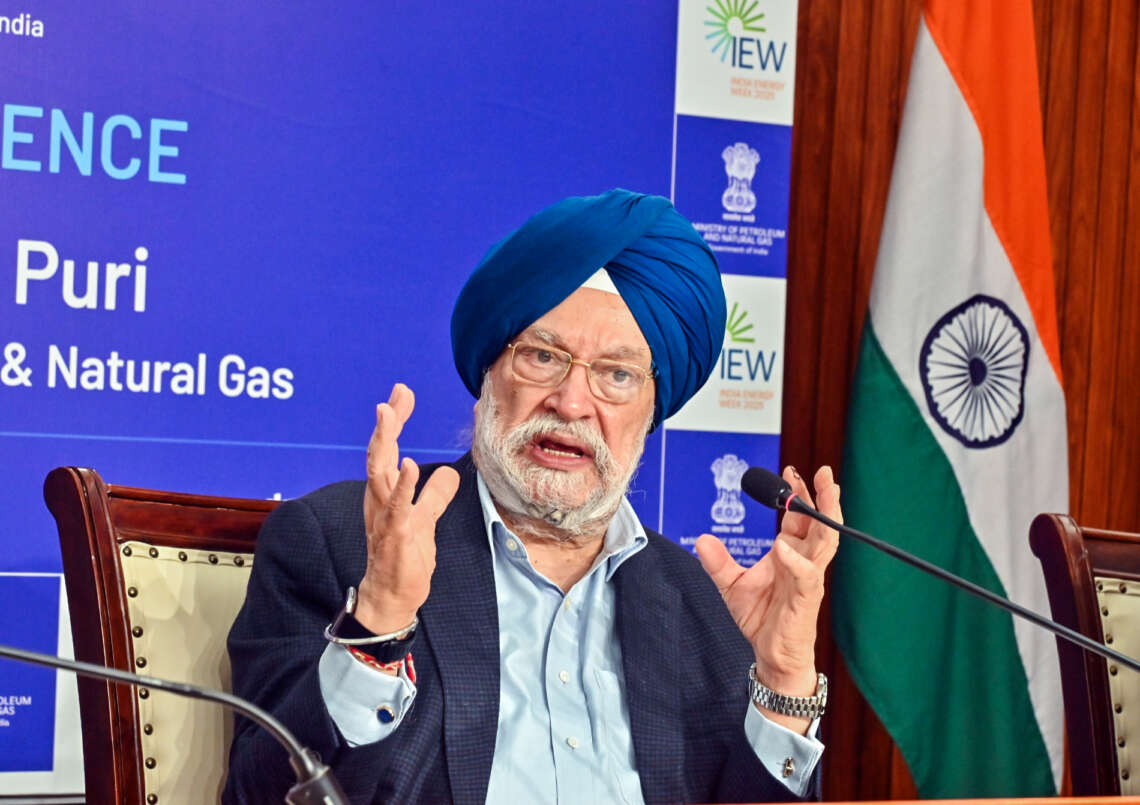Neonatal seizures are often caused by acute conditions such as hypoxic-ischemic encephalopathy, a lack of oxygen to the brain, stroke, or cerebral infections
A new study has revealed that one in five, or 20%, of newborns who experience neonatal seizures will develop epilepsy by the age of one. The study, published on Wednesday, highlights the significant long-term risks associated with neonatal seizures, a common neurological condition in infants admitted to neonatal care units.
Neonatal seizures, which are one of the most frequent acute neurological conditions in newborns, can be triggered by a range of factors, including acute cerebral injury, metabolic disorders, or structural brain malformations. The research, conducted by a team from Copenhagen University Hospital – Rigshospitalet in Denmark, sheds new light on the long-term risks posed by neonatal seizures, showing a persistently increased risk of epilepsy that extends into adolescence.
The study followed 1,998 children born in Denmark who had experienced neonatal seizures and examined their health outcomes. The results, published in the Developmental Medicine & Child Neurology journal, revealed a striking contrast in the risk of epilepsy between children with neonatal seizures and those without. Among children who had neonatal seizures, the cumulative risk of developing epilepsy by age 22 was 20.4%, compared to just 1.15% in children who did not have seizures.
The research further showed that epilepsy was diagnosed in 11.4% of children with neonatal seizures before the age of one. The risk remained elevated through childhood and adolescence, with an additional 4.5% diagnosed between the ages of one and five, 3.1% between five and ten, and 1.4% between ten and 22 years of age. The study also identified several factors that increase the likelihood of developing epilepsy after neonatal seizures, including stroke, brain hemorrhage, structural brain malformations, and low scores on the Apgar test—a standard assessment of a newborn’s health immediately after birth.
Neonatal seizures are often caused by acute conditions such as hypoxic-ischemic encephalopathy, a lack of oxygen to the brain, stroke, or cerebral infections. However, the study also found that certain congenital brain malformations and genetic disorders are significant contributing factors.
One of the key findings of the research was the correlation between neonatal seizures and an increased risk of febrile seizures (convulsions triggered by fever) later in life. Although the risk of febrile seizures was elevated in children with a history of neonatal seizures, it was not as high as the risk for developing epilepsy itself.
The study also provided insights into the risk factors that may help doctors identify infants who are at higher risk for developing epilepsy. According to Jeanette Tinggaard, a researcher involved in the study, “Our study highlights that there are risk factors that may be used to identify infants for tailored follow-up and preventive measures.” She added that while the results are concerning, it’s important to note that the majority of children who experience neonatal seizures do not go on to develop epilepsy. “Importantly, four out of five neonatal survivors with a history of neonatal seizures did not develop epilepsy,” Tinggaard said, suggesting that future research should explore the potential role of genetic predisposition in the development of epilepsy.
The findings underscore the need for early diagnosis, monitoring, and personalized care for infants who experience neonatal seizures, particularly those with additional risk factors such as brain injury or malformations. While the risk of developing epilepsy is significant, the study offers hope that with proper medical intervention, the majority of children can lead healthy lives despite the initial neurological challenges they face.
This research adds to the growing body of knowledge on neonatal seizures and their long-term implications, and it calls for continued investigation into better ways to predict and prevent the development of epilepsy in these vulnerable infants.









